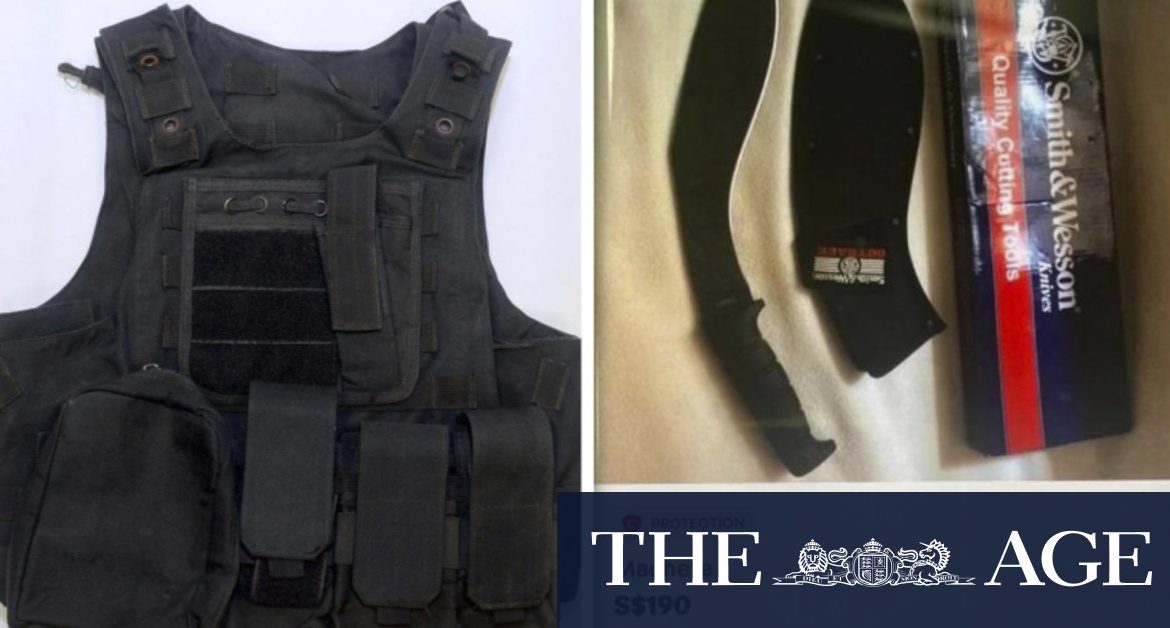The department said its investigation had found that the boy was working alone and had planned to strike two mosques near his home on March 15, the second anniversary of the Christchurch attack.
The student had mapped out his route and chosen two mosques near his home in northern Singapore. He bought a flak jacket and had plans to buy a machete online, according to the department.
Initially, the student wanted to procure a gun while exploring the feasibility of making a bomb, and mimicking the Christchurch gunman’s plan of setting fire to the mosques with gasoline. He eventually gave up on all these ideas when he realised Singapore had strict gun-control laws and the decision was partly driven by logistical and personal safety concerns.
Just like the gunman in that attack, he planned to live-stream his act by strapping mobile phones to a vest, the statement said. It said he also prepared two statements to be distributed just before the attack.
Law and Home Affairs Minister K.Shanmugam was quoted by local media as saying that authorities did not intend to charge the teen as he was underage and hadn’t carried out the act. But he said it was worrying as it marked the first case of right-wing extremists targeting Muslims in the tiny Southeast Asian nation.
Authorities said the teen will undergo a rehabilitation process involving religious, psychological and social counselling.
Giving further details, the department statement said the teen had explored various options including obtaining a firearm online, building a bomb and using gasoline to douse the mosques. He later decided to use a machete and had studied how to slash the main arteries of his victims.
One of the statements he prepared referred to his planned attacks as a “massacre,” an “act of vengeance” and a “call for war” against Islam, authorities said.
Another was a manifesto similar to the one written by the Christchurch gunman, who the teen referred to as a “saint”.
The department said the teen was ready to die during the attack.
The department said that the teen’s family and others close to him had no idea about his plans nor his hatred for Islam.
“This case demonstrates yet again that extreme ideas can find resonance among and radicalise Singaporeans, regardless of race or religion,” the department said.
AP, Bloomberg
Most Viewed in World
Loading







